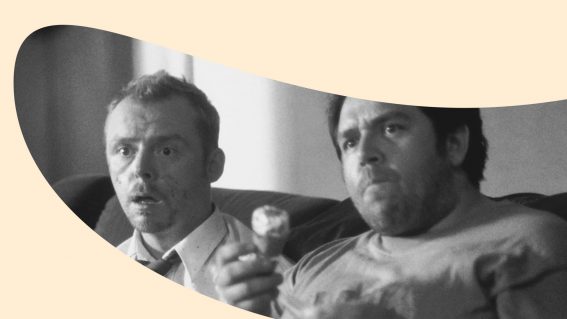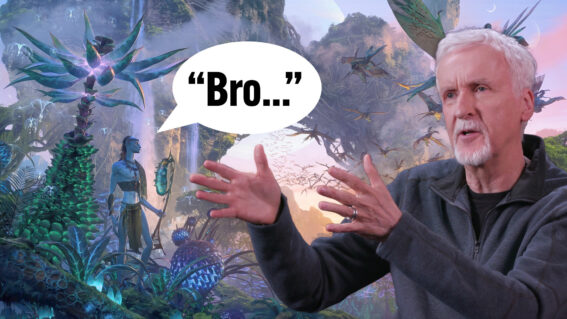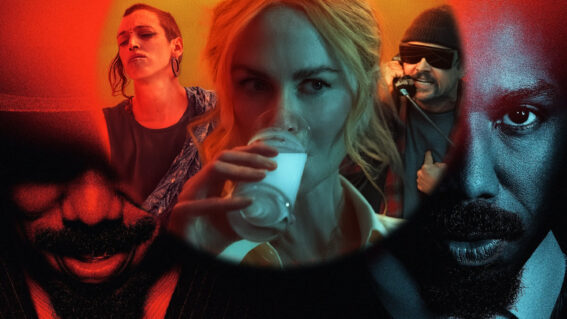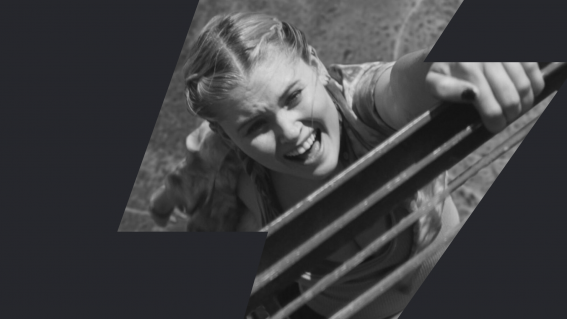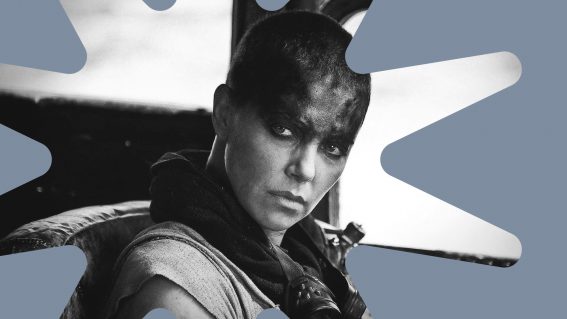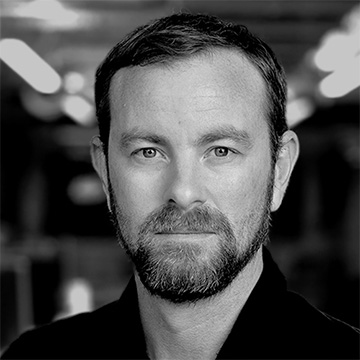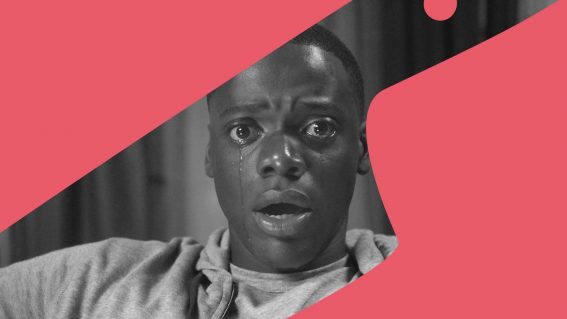Invincible turns its focus to the consequences of power
The third season asks one of the most interesting questions you can ask of the genre: what does it mean to be a hero when its definition is created entirely by those whose interests they serve?
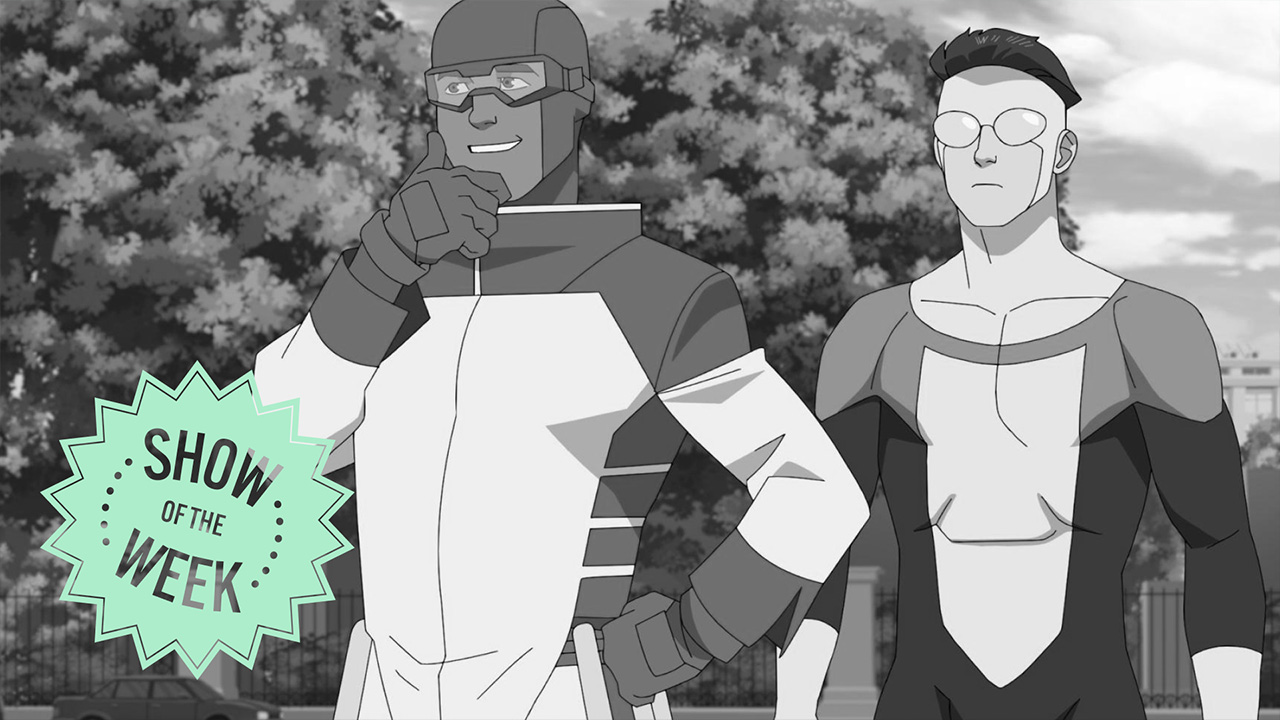
Clarisse Loughrey’s Show of the Week column, published every Friday, spotlights a new show to watch or skip. This week: the third season of Invincible turns its focus to the consequences of power.
We never see enough consequences in superhero movies. The dead stay restless. War criminals are forgiven. Gargantuan stone hands are left protruding out of the ocean. A civil war or two may break out, but to live in these worlds is to operate with the collective understanding that once victory is achieved, once the story has reached its credits, it’s time for us all to move upward and onward.
It’s a necessary suspension of disbelief, at times. But to watch the third season of Invincible – Robert Kirkman’s animated adaptation of the comic series he co-wrote with Cory Walker and Ryan Ottley – is to be reminded that it’s in the consequences that some of the best stories lie. We love to watch heroes fight, fall in love, and overcome their (inevitably) gnarly childhood trauma, yet the greatest potential of this entire genre has always been its exploration of what power means.
And, in season three, now that we’re a little desensitised to its shock violence (though plenty of heads get torn off and pulverised here, don’t worry), Kirkman and his team have instead turned their focus to the consequences of power. Invincible (Steven Yeun) is now fully beefed up and trained by Cecil Stedman (Walton Goggins), the director of the GDA, the agency in charge of deploying superheroes as lawless peacekeepers. He’s officially a superhero, in the most traditional sense.
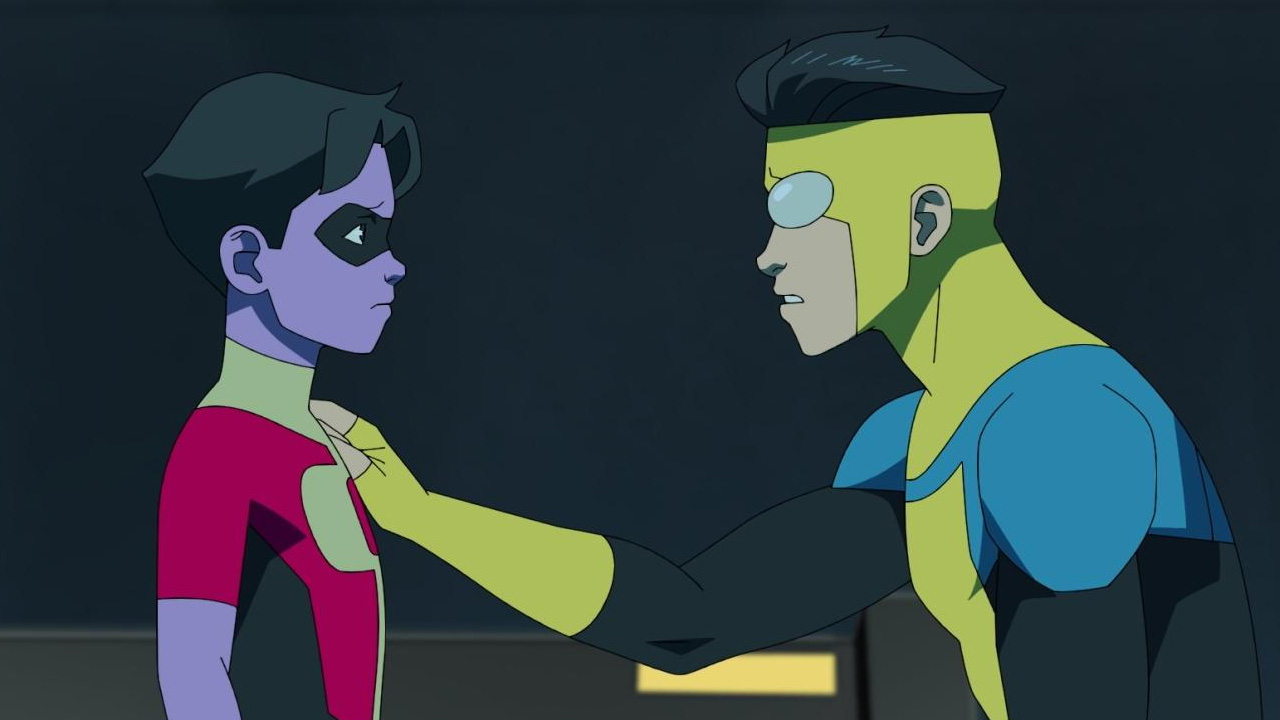
But what does that entail? Seasons one and two explored how his powers unleashed a battering ram on his personal life, specifically his civilian (now ex-)girlfriend (Zazie Beetz’s Amber) and civilian best friend (Andrew Rannells’s William). In season three, Invincible has to reckon with his newfound status. He’s a role model to kids, particularly to his half-brother Oliver (Christian Convery). But when the very nature of his work is as an arbiter of violence, often bloody and not always intentional, what impression does that leave on the next generation?
And what about the civilians who just happen to get in the way? Episode six introduces a brilliantly tortured antagonist in the form of Powerplex (Aaron Paul), whose entire motivation stems from his desire to see Invincible take responsibility for his actions. After all, if all he’s done is save mankind from total annihilation, why not open an investigation into the destruction he’s left in his wake? Why should he be treated any differently to the rest of us?
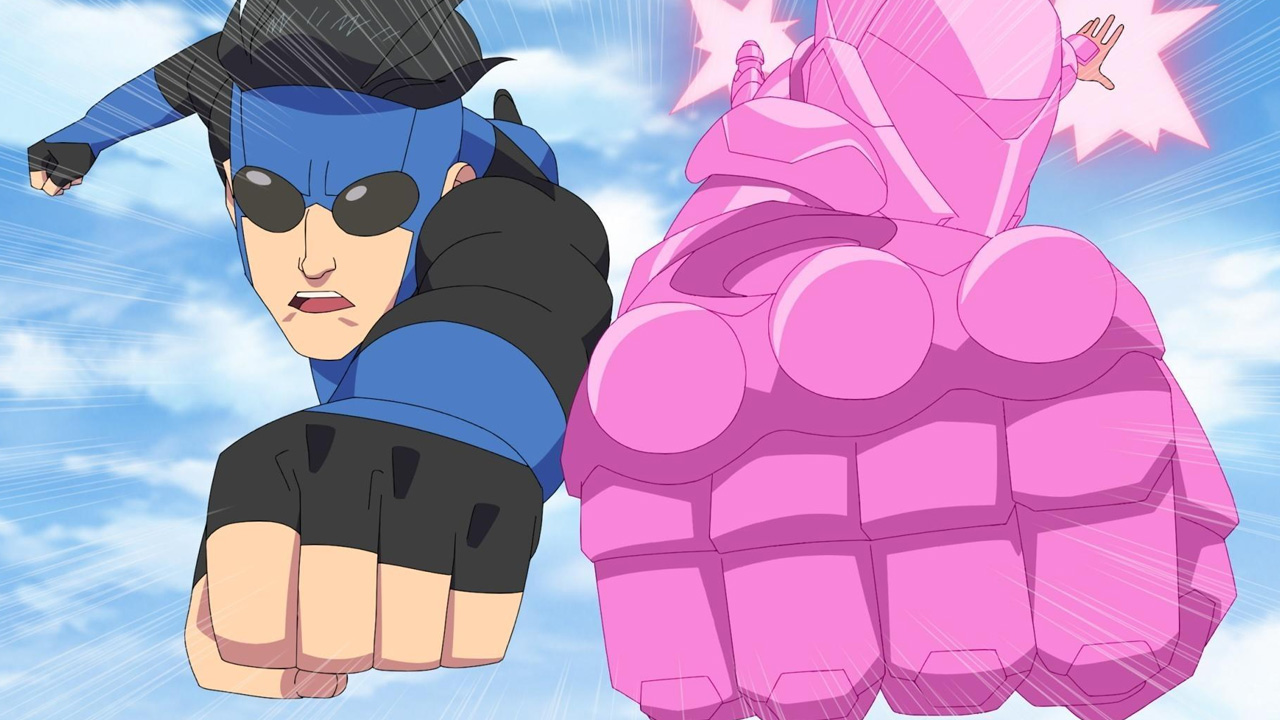
It’s in these less traditionally epic stretches of Invincible’s third season, intermingled with the usual ass-kicking and global stakes, that the series asks one of the most interesting questions you can ask of the genre: what does it mean to be a hero when its definition is created entirely by those whose interests they serve? Invincible’s buddies in the GDA superteam Guardians of the Globe must reckon with how much they’ve been shaped and moulded by their GDA overseers. They were taken (often) as kids and turned into weapons. We’re introduced to villains whose actions are an almost inevitable product of their circumstances.
Cecil is scared of Invincible. He’s created a weapon for himself, to achieve what he believes is best for the world, yet has to live with the knowledge that the second that weapon slips from his control, it becomes a threat. What to do then? What happens when a villain is defeated in the wrong way? “You can be the good guy or the guy who saves the world, you can’t be both,” Cecil is taught. Invincible is all about people desperately trying to prove that mantra wrong – and not getting very far.







